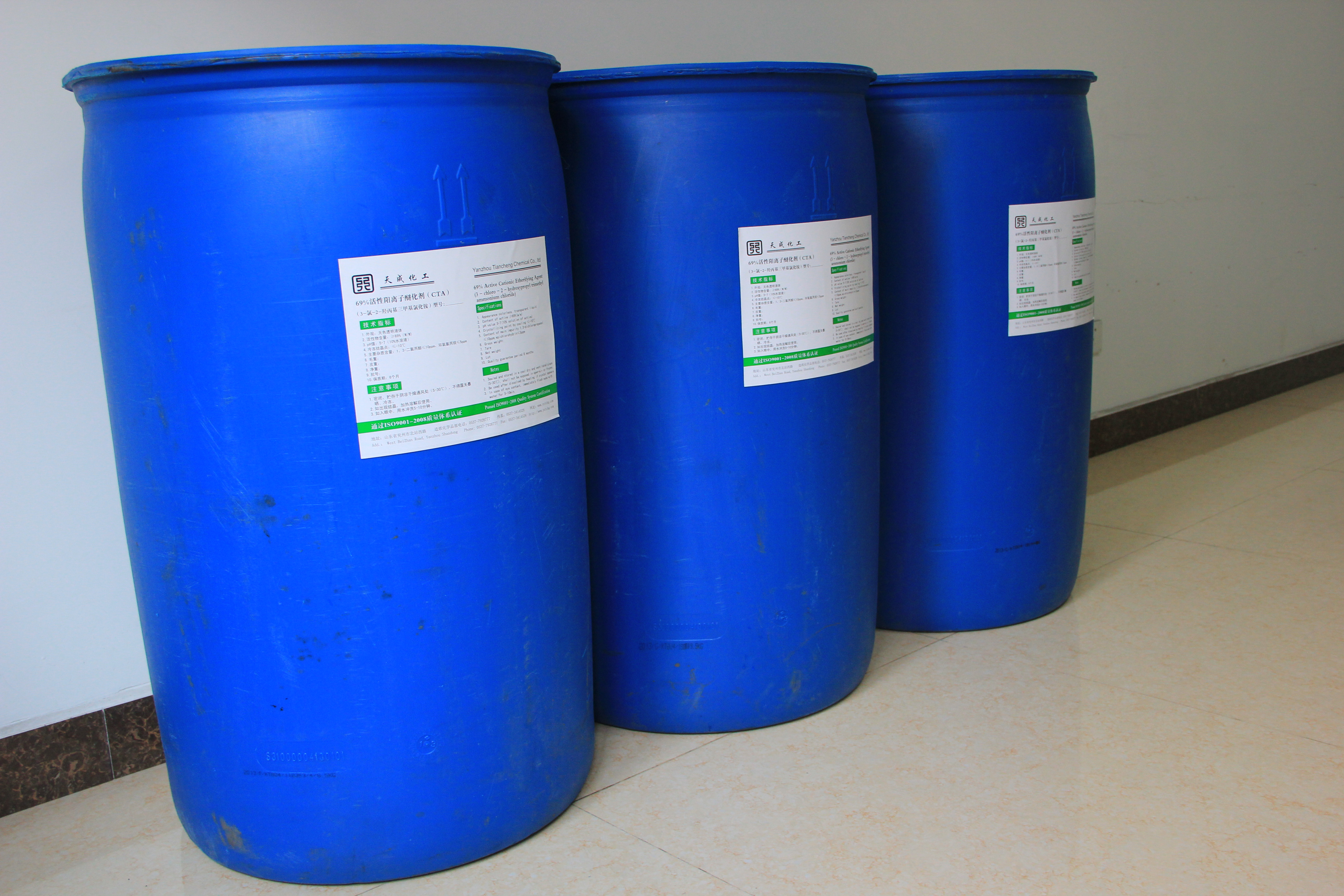The concept of microbial fertilizer
Microbial fertilizers are a type of product that promotes the growth of crops or yields or improves the quality of crops as a result of microbial life activities that result in specific fertilizer effects on crops, also known as biological bacterial fertilizers.
Microbial fertilizer not only provides various nutrient elements necessary for the growth of crops, increases the activity of beneficial microorganisms in the soil, but also reduces the over-application of chemical fertilizers, overcoming the drawbacks caused by unscientific fertilization, and many other aspects of efficacy and effects. Known.
Types of microbial fertilizers
At present, there are three types of microbial fertilizers in China, namely, agricultural microbial agents, biological organic fertilizers, and composite microbial fertilizers.
The agricultural microbial agent itself does not contain nutrients, but instead uses the products of microbial life activities to improve the nutrient conditions of the crop, activate the potential fertility of the soil, stimulate the growth and development of crops, and resist the harm of crop pests and diseases, thereby increasing crop yield and quality. Such as soybean rhizobia, biological phosphorus fertilizer, bio-potash fertilizer, disease resistance and stimulate the growth of crops and other agents.
Bio-organic fertilizer is an organic fertilizer produced by organic solid waste (including organic waste, straw, livestock manure, pancake, agricultural and sideline products, and solid waste from food processing) after being fermented, deodorized, and completely decomposed by biological fertilizer strains. .
Compound microbial fertilizer refers to fertilizer products that are compounded by specific microbial agents and nutrients. Both contain the nutrients needed for crops, but also contain beneficial microorganisms, both fast-acting and slow-acting, can replace chemical fertilizers for crop growth and development. For example, compound microbial fertilizers currently sold in the market represent the current direction of fertilizer development and have broad potential for development.
The effect of microbial fertilizer
1. Increase production. Practice has proved that the specific fertilizer effect of microbial fertilizers not only provides nutrients for crops, but its effective bacteria can also secrete active substances such as gibberellins, cytokinins and auxins, stimulate, regulate and promote the growth and development of crops, and are conducive to the increase of crop yields. .
2. Improve quality. Microbial fertilizers can effectively improve the quality of agricultural products. Practice has proved that the use of microbial fertilizer harvested agricultural products, protein, sugar, vitamins, amino acids and other beneficial components significantly increased the content, fullness and smoothness of grain, fruit, vegetables, bright color, both delicious and good-looking, high value. Some microbial fertilizer products can also reduce the accumulation of nitrates and improve the safety of agricultural products.
3. Strengthen the crop's stress resistance. The effective bacteria in most microbial fertilizers have the function of secreting antibiotic substances and a variety of active enzymes, which can inhibit or kill pathogens, reduce the occurrence of diseases, and enhance the resistance of crops. For example, they can enhance drought resistance and cold resistance of crops. Anti-lodging, disease prevention and anti-salinity, but also can effectively prevent the occurrence of crop physiological diseases.
4. Improve fertilizer utilization. Most microbial fertilizer effective bacteria can decompose organic matter in soil, and humic acid is produced during the decomposition of organic matter. Humic acid and soil nitrogen form ammonium humate, which can reduce nitrogen fertilizer loss. The effective potassium and phosphorus-soluble bacteria can convert the chemical potash fertilizer and chemical phosphate fertilizers that are solidified in soil into quick-acting potassium and quick-acting phosphorus, increase their utilization, reduce production investment, and reduce resource waste.
5. Improve soil nutrients. Microbial fertilizer effective bacteria can promote the dissolution and release of insoluble nutrients in the soil and increase the supply capacity of soil nutrients. The extracellular polysaccharides secreted by the effective bacteria are binders of the soil aggregate structure, which can enhance the structure of the soil aggregates, loosen the soil, increase soil permeability and water retention and fertility, increase soil organic matter, and activate potential nutrients in the soil. The supply of nutrients in the soil.
Defoamer (defoaming Agent)
|
Feature |
|
l Can inhibit the foam forming l Excellent defoaming property quickly l Stable and no separated layer in water based system l Good compatibility with water based resin and no floating oil phenomenon
|
|
Application and dosage: |
|
l Water based wood paint/coating l Water based industrial paint/coating l Water based automotive trim adhesive l Emulsion paint/coating l Water based coating etc. Remark: Dilute the WC-DF505 by 3~5 times with water and add it into water based system.
|
|
Chemical composition: |
|
l Modified polydimethylsiloxane polymer
|
|
Technical data: |
|
l Appearance: Yellowish liquid l pH (25℃): 6~7 l Active ingredient: ~30% l Viscosity (25℃): 500-1000 Cp |
|
|
|
Package, Storage and Transportation |
|
l Available in 200 kg/ barrel or 25 kg/ barrel l Storage period: ~12 months in closed containers, shady and dry place
|

Defoamer Agent,Fatty Alcohol Defoamer,Polyether Defoamer,Organosilicone Defoamer
Shandong Tiancheng Chemical Co., Ltd. , https://www.tianchengchemical.com